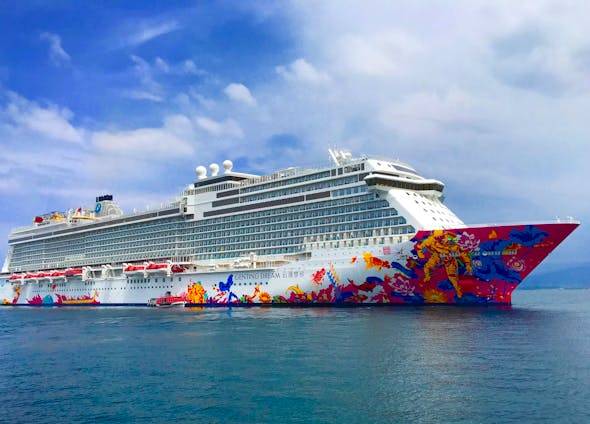
Traveling on international waters offers a unique sense of freedom and adventure, but it also brings a set of legal complexities vastly different from those on land. When you step aboard a cruise ship, you enter a microcosm governed by an intricate blend of international maritime law, the flag state under which the vessel is registered, and the laws of the coastal states it may visit. Understanding your legal rights is more challenging yet critically important.
For anyone considering a cruise, it’s vital to be informed about what legal protections and limitations you have in case of an incident, such as cruise ship deaths, injuries, or other disputes. The legal framework governing these massive vessels on the open sea is designed to ensure safety and fairness, but passengers must also take proactive steps to protect themselves.
Maritime Law: What It Covers and How It Affects You
Maritime, or admiralty, law is the most rudimentary and fundamental law that regulates all ship or maritime legal disputes. Such law is very broad-based and covers everything from the haulage of licensees to the provision of marine surveying. In addition, it imposes a penalty on an array of offenses, such as inattentive navigation and accidental salvaging of vessels and cargoes. When sailing on a cruise ship, maritime law is the law that directs how legal problems are readily settled.
The sovereignty of a state over the water area and maritime features within its territorial waters lies at the heart of the International Maritime Law (IMLOK), which establishes the seas as a shared global commons. This is equivalent to the ship’s flag, whose state rules must be followed by everyone on board, regardless of nationality. For instance, with Italy being the flag state, all the legal issues that emerge onboarding, Italian law is the one that will govern it in most cases. This may play a vital role in the lives of passengers, especially when they are barely confident whether the country’s laws are similar to those of their home country.
Legal Rights in Case of Injuries or Accidents
While on a cruise ship, knowing your rights in case of an injury or an accident is essential. Many times, a cruise passenger does not realize that claiming it as an injury he had sustained during the sail would be more complex than filing a claim for one he had suffered from the land. The strongest examples are the clauses limiting the period in which a passenger can institute litigation against the cruise fleet. Often, the one-year tenancy provides less time than many land limitation laws.
In addition, you would frequently find information about the venue where you can submit your complaint in your cruise contract. What is worse, your contract usually mentions that this venue is in a state or country favorable to your cruise line. These may result in a reduction, if not the complete exhaustion of funds for appealing in the hope of having just compensation. When you have an accident or when a family member is involved in an accident in the process of death, it is crucial to seek legal advice from a lawyer who can lead you in the legal process of maritime injury and ensure that your rights, in this case, are protected.
The situation becomes more complex as it may surround unknown criminal activities on water. The registration country of the vessel is generally responsible for exercising criminal jurisdiction over a crime committed in international waters, but this might be an exception if the crime was committed against a national of another state, if the crime happened through the perpetrator, or if the vessel was within the territorial waters of another state.
Conclusion
Cruising is among the most popular ways of traveling, preferred for its ability to combine the best sides of land and sea travel while crossing multiple ports. Yet, the collection of the claimed legal entanglement while on the oceans may be a matter relevant and out of the scope of this navigational experience. You need to be aware of the legal framework. You must know your rights and responsibilities well to file any compensation claim for personal injuries or liabilities for the damages caused.
Before you sail for your next cruise, please sit down and read the agreement form and take in the substance of the basics of maritime law. Suppose there are any legal issues like injuries and disputes. In that case, you are advised to consult a specialized naval lawyer who can use only known circumstances of your problem to give recommendations. Your ability to answer any challenge with confidence is best achieved by remaining knowledgeable and prepared; it is true: a morning ocean trip should always be enjoyable and safe.


